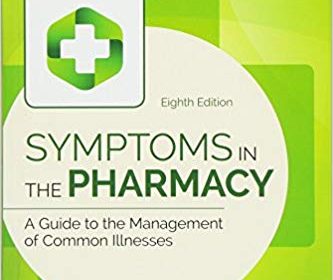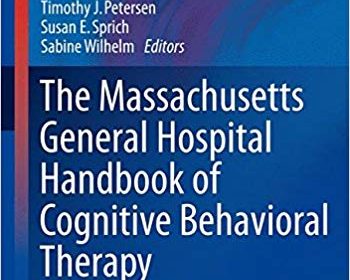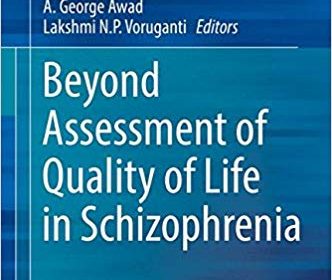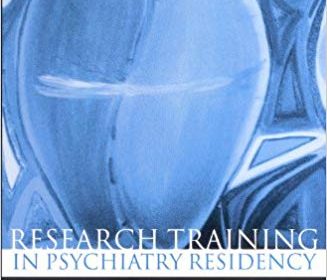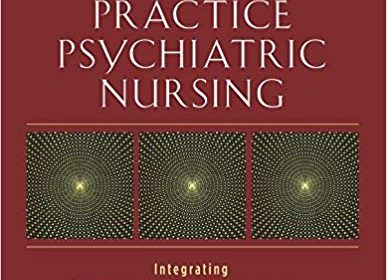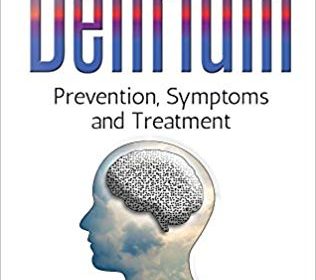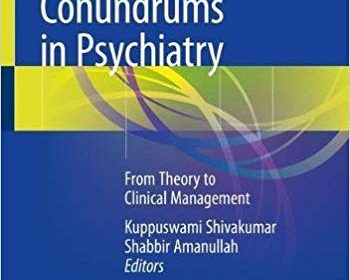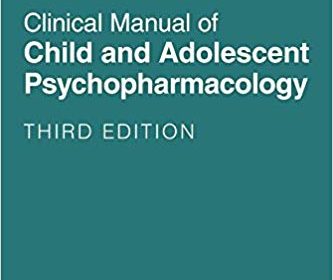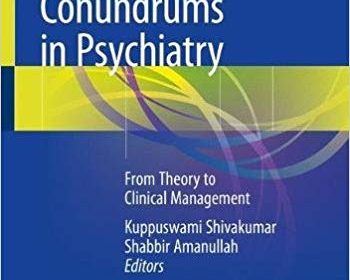Clinical Cases in Psychiatry: Integrating Translational Neuroscience Approaches 1st ed
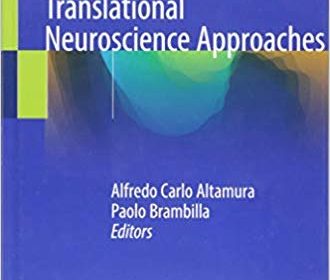
[amazon_link asins=’3319915568′ template=’ProductAd’ store=’aishabano-20′ marketplace=’US’ link_id=’54549566-5e96-4cbd-a00b-2070f64ea858′]
Clinical Cases in Psychiatry: Integrating Translational Neuroscience Approaches 1st ed
DOWNLOAD THIS BOOK FREE HERE
https://upsto.re/DLtsioP
This case series book offers a practical and accessible approach to psychiatry, addressing major clinical problems ranging from psychosis to aging effects, each of which is tackled as it arises in everyday settings. With its emphasis on everyday practice strongly linked to underlying theory, the book combines clinical knowledge with the realities of managing clinical problems, and will provide a basis for developing sound analytical and confident decision-making skills. Presenting different visions of clinical psychiatry and expanding psychiatrists’ interventions by integrating innovative neuroscience approaches such as neuroimaging, neuropsychology, TMS and cognitive rehabilitation, it will help clinicians and students alike gain a sound understanding of the wide range of signs and symptoms that indicate psychiatric disorders, and how the diagnosis, management and treatment options can differ from those in other medical specialties. The volume includes learning activities, with questions on each clinical case followed by detailed explanatory answers, and self-assessment exercises to assist with learning and revision. Throughout the book, tips and key features are highlighted with boxes, algorithms, tables and figures, which the reader can refer back to for exam revision and well into her/his career.

